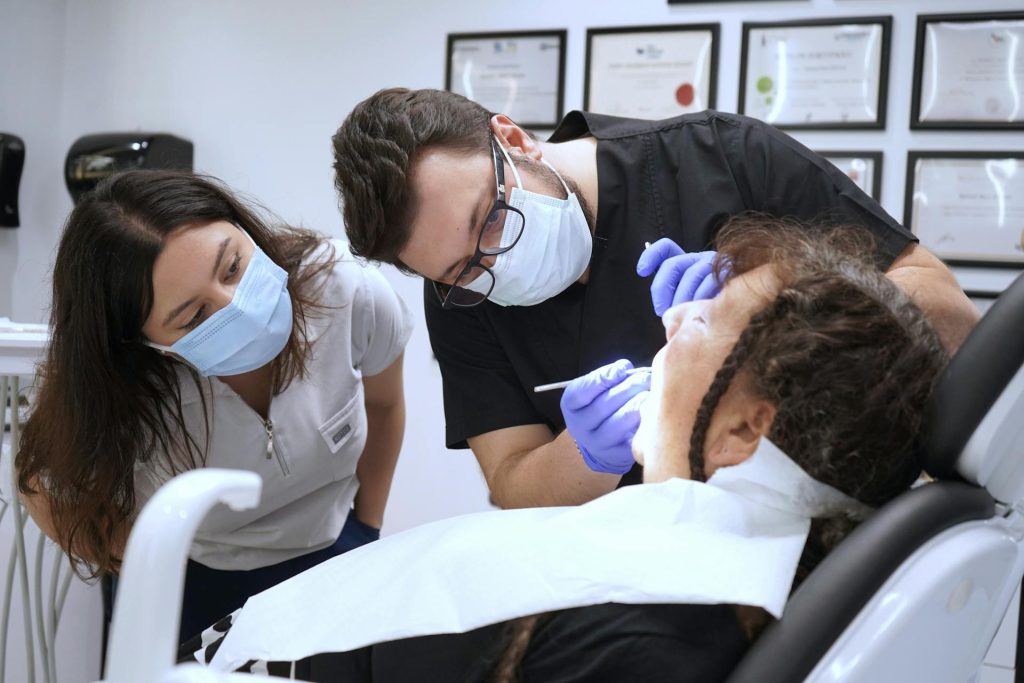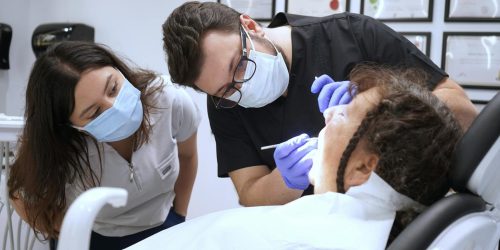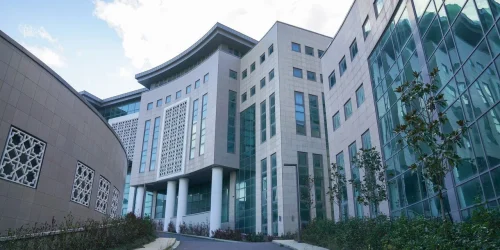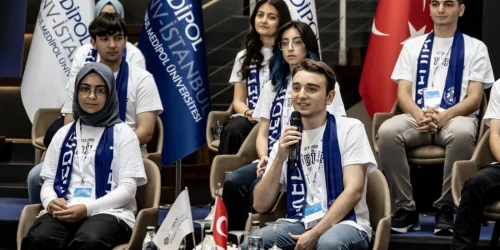The Next Chapter: A Guide to Postgraduate Medical Studies in Turkey
After the demanding six years of medical school, the journey to becoming a specialist begins. For medical graduates around the world, Turkey offers a compelling and increasingly popular pathway for postgraduate medical studies in Turkey. With its advanced healthcare infrastructure, high patient volume, and internationally recognized training, Turkey is an excellent choice for pursuing medical residency in Turkey. This comprehensive guide will detail the process, requirements, and highlight the best medical specialties in Turkey for the 2026 academic year.
Why Choose Turkey for Medical Specialization?
Turkey’s commitment to high-quality medical education extends into its specialization programs. Choosing to study in Turkey for your residency offers several unique advantages:
- Clinical Volume: Turkey’s large population and advanced university hospitals provide residents with extensive, hands-on clinical experience across a wide range of cases.
- International Recognition: Turkish medical specialization is recognized in many countries, facilitating global career mobility.
- Affordability: The cost of living and training is lower compared to many European and North American countries.
- Cultural Experience: Training in a country that bridges Europe and Asia offers a rich, diverse, and historical experience.
The Path to Medical Specialization: The TUS Exam
The gateway to medical specialization in Turkey is the TUS (Tıpta Uzmanlık Sınavı) exam, or the Medical Specialty Board Exam. This is a central, mandatory exam for all medical graduates—both Turkish and international—who wish to enter a residency program.
Understanding the TUS Exam
- Purpose: The TUS exam determines a candidate’s eligibility and placement into a specific specialty training program (residency).
- Structure: The exam is highly competitive and is typically held twice a year. It tests both basic medical sciences and clinical medical sciences.
- Language: While the exam is primarily in Turkish, the Ministry of Health often provides an English option for international candidates. However, a strong command of Turkish is essential for the clinical training itself.
- Requirements: To be eligible for the TUS exam, you must have a Bachelor’s degree in Medicine (6 years) and have your diploma recognized by the Turkish Council of Higher Education (YÖK).
Top Medical Specialties for International Doctors
The choice of specialization is a deeply personal one, but certain fields are particularly attractive due to high demand, excellent career prospects, or Turkey’s specific expertise.
High-Demand and High-Earning Specialties
These specialties are often highly competitive due to their financial rewards and complexity:
- Plastic, Reconstructive, and Aesthetic Surgery: Turkey is globally renowned for its expertise in this field, attracting a high volume of international patients. This provides residents with unparalleled exposure to complex and diverse cosmetic and reconstructive cases.
- Neurosurgery: A highly complex and demanding field, Neurosurgery is one of the highest-paid medical specialties in Turkey [4].
- Cardiology: With a focus on heart health, Cardiology is a critical and well-compensated specialty, offering extensive training in advanced cardiac procedures.
- Orthopedics and Traumatology: Due to the high rate of accidents and musculoskeletal issues, this is a consistently high-demand field, offering robust surgical training.
Specialized and Niche Fields
Turkey also offers exceptional training in more niche areas, often with a strong focus on research and advanced technology:
- Dermatology: A popular choice for its balance of clinical practice and aesthetic procedures. Training in Turkey provides exposure to a wide range of skin conditions across diverse populations.
- Nuclear Medicine: This field, which involves the use of radioactive materials in the diagnosis and treatment of disease, is a rapidly advancing area with strong institutional support in Turkey.
- Pediatric Psychiatry: With a growing emphasis on mental health, this specialty is becoming increasingly important. Turkish programs focus on the unique psychological needs of children and adolescents.
- Underwater and Hyperbaric Medicine: A unique and highly specialized field, Turkey’s coastal location and focus on diving safety make it an excellent place to train in this area.
Other Popular Specialties
- Radiology: A technology-driven field with a relatively balanced lifestyle compared to surgical specialties.
- Ophthalmology and Otorhinolaryngology (ENT): Both are highly sought-after surgical sub-specialties with excellent clinical and private practice opportunities.
- Physiotherapy and Rehabilitation: While a separate undergraduate degree, specialization in Physical Medicine and Rehabilitation is a strong choice for those interested in long-term patient recovery.
Requirements for International Medical Graduates
For a foreign medical graduate to pursue medical residency in Turkey, the following steps are generally required:
- Diploma Equivalency: Your medical degree must be recognized and approved by YÖK (Council of Higher Education).
- Turkish Language Proficiency: A high level of Turkish proficiency (e.g., C1 level TÖMER certificate) is mandatory, as residency training is conducted in Turkish.
- TUS Exam: You must successfully pass the TUS exam with a score high enough to secure a placement in your desired specialty.
- Residency Placement: Successful candidates are placed into a residency program at a university or training hospital based on their TUS score and preference.
How Can StudySehir Help You Achieve Medical Specialization in Turkey?
The journey to postgraduate medical studies in Turkey is complex, especially for international graduates navigating the TUS exam and equivalency procedures. StudySehir is your expert partner, committed to guiding you through every step of this critical process.
Our services include:
- TUS Exam Guidance: We provide consultation on the TUS exam structure, registration, and connect you with resources to prepare for this crucial test.
- Diploma Equivalency Assistance: We manage the complex process of obtaining recognition for your medical diploma from the Turkish Council of Higher Education (YÖK).
- Specialty Matching and Placement: Based on your TUS score and career goals, we assist in identifying the best residency programs and hospitals for your chosen medical specialization in Turkey.
- Turkish Language Support: We can connect you with accredited Turkish language courses to help you achieve the mandatory proficiency level.
- Logistical Support: From securing a student visa to finding suitable accommodation near your training hospital, we ensure a smooth transition to your life as a resident.
Whether you are aiming to specialize in Dermatology, Plastic Surgery, or any other medical field, we are here to provide you with a safe and outstanding study and training experience in Turkey.
Conclusion: Specialization Awaits in Turkey
Choosing to pursue postgraduate medical studies in Turkey is a decision that promises a challenging, rewarding, and globally competitive career. The path, though demanding, is well-defined by the TUS exam and leads to some of the best medical specialties in Turkey. By preparing diligently and leveraging expert guidance, you can successfully transition from a medical graduate to a highly skilled specialist in one of the world’s most dynamic healthcare environments.
References
- Studyfans – TUS Exam for Postgraduate Medicine Studies in Turkey
- Eduinturkey – Medical Specialty Exam (TUS) and PhD in Health
- Zeoby – Top 5 Specialties International Patients Choose in Turkey
- Studyfans – Your guide to the most important medicine specialties in Turkey
- Atlas University – What is TUS Exam?










